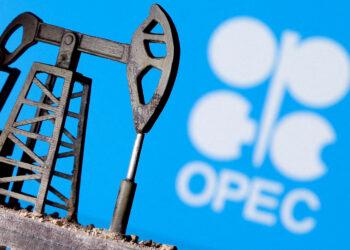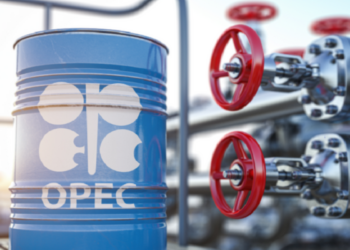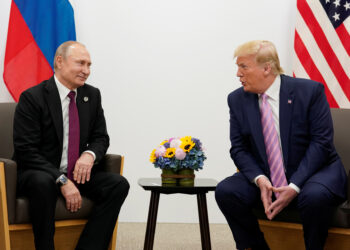Russia’s President, Vladimir Putin has said that the Organization of Petroleum Exporting Countries (OPEC) will continue to coordinate current actions to stabilize the global oil market.
On Wednesday, October 11, during the opening day of the Russian Energy Week International Forum in Moscow, Russian President Vladimir Putin declared that OPEC is committed to keeping the global oil market stable, especially amidst increasing tensions in the Middle East. He emphasized that all OPEC members are dedicated to honouring their agreements and addressing any obstacles that may arise.
He said:
- “To ensure stability in the oil market, major suppliers must act in concert on open and transparent terms. This is how Russia is working with its partners within OPEC Plus.
- “We primarily rely on the objective market-driven dynamics of oil supply and demand and the industry’s investment programmes. This is why the OPEC Plus countries fully act on their commitments and are effectively addressing all challenges.
- “I am confident that our OPEC Plus partners will continue to coordinate their actions. This is crucial for oil market predictability and, ultimately, for the well-being of all of humanity, since economic growth and therefore, people’s prosperity is dependent on the global energy sector.
Coordinating their actions: Status quo
Presently, there’s an ongoing oil production reduction initiative primarily led by OPEC countries, with notable involvement from Russia and Saudi Arabia.
These production cuts have been enforced for several months, and the plan is to maintain them until the end of 2023. Both Saudi Arabia and Russia, major players in the global oil market, are committed to this strategy.
Due to these production reductions by key oil-producing nations, global oil prices witnessed an increase, reaching $97 per barrel at one point, though they have since receded to $84 per barrel as of last week.
Vladimir Putin’s recent statements align with this approach, emphasizing that the OPEC cuts will persist to stabilize the oil market.
However, a significant event occurred when Hamas launched an attack on Israel on October 7, resulting in a fluctuation in oil prices.
Analysts are closely monitoring this situation, highlighting the potential impact on the oil market. If Iran, accused of coordinating the attack on Israel, engages in retaliatory actions against Israel, it is likely to further affect the oil market.
This situation reinforces OPEC’s rationale for maintaining its existing production cuts, aiming to stimulate demand and consequently drive prices higher amidst this uncertain geopolitical climate.
Note that as of Thursday, October 12 (4:55 AM, GMT+1), Brent crude was $85.50 per barrel.





















